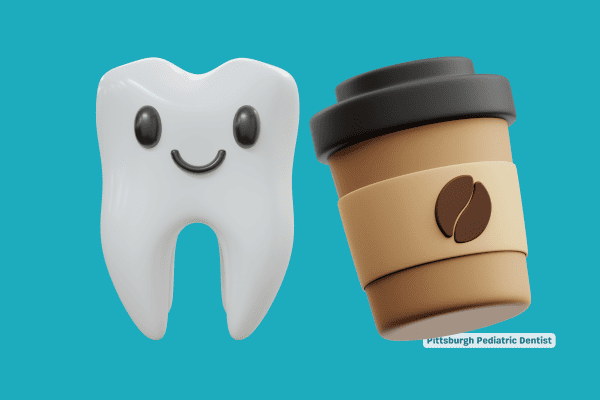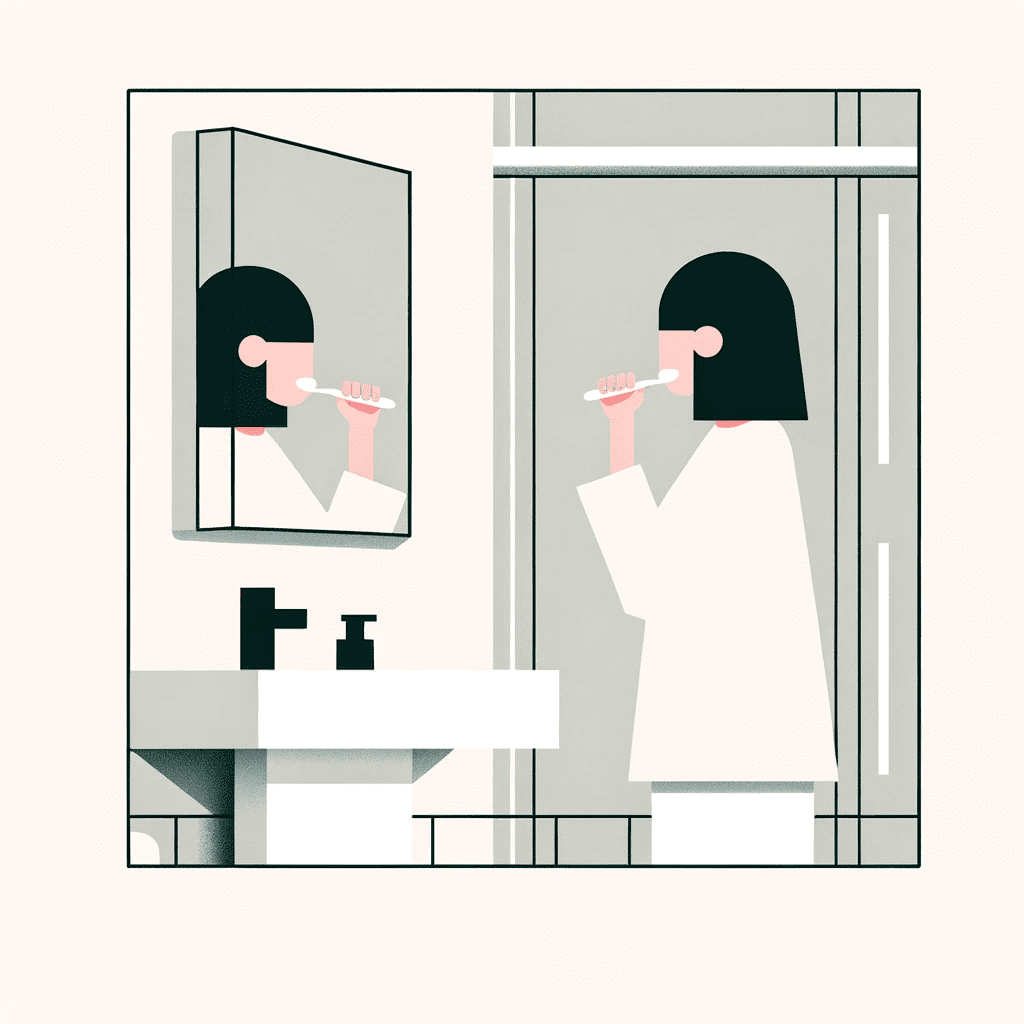How Long after Teeth Whitening Can I Drink Coffee? A Complete Timeline
Teeth whitening is a popular cosmetic dentistry procedure known for its ability to significantly enhance the brightness of your smile. By removing stains and discoloration, teeth whitening can provide a fast and effective solution for those seeking to rejuvenate their smile. However, post-treatment care is crucial to maintain those newly acquired pearly whites, and this often includes dietary adjustments.
A common concern among many individuals is the resumption of coffee consumption post-whitening. Coffee, a beloved daily habit for many, is also a notorious culprit for tooth discoloration. Its dark color and acidic nature can lead to staining, especially on freshly whitened teeth where the enamel is temporarily more porous.
Understanding the delicate phase your teeth go through post-whitening, and how substances like coffee can impact this, is essential. This article aims to explore the timeframe within which you can safely enjoy your cup of joe post teeth whitening, without compromising the results. Through expert insights and practical tips, we’ll guide you on how to balance the love for coffee while preserving the effects of your teeth whitening treatment.
Can you drink coffee after teeth whitening?
Yes, you can drink coffee after teeth whitening, but it’s not advisable to do so immediately. Teeth whitening treatments work by opening the pores in your tooth enamel to remove stains. However, this also makes the teeth more susceptible to staining for a short period after the treatment. Coffee is known to be one of the beverages that can stain your teeth. Hence, consuming it soon after a whitening treatment can potentially reverse the effects of the whitening.
Also Read: How Long Does Teeth Whitening Last?
The general recommendation is to avoid coffee and other staining substances for at least 48 hours after the treatment. This gives your teeth some time to re-hydrate and re-mineralize, which closes the pores in the enamel and makes them less susceptible to staining.
There are several studies and articles that discuss the staining effects of coffee and how teeth whitening works, but specific guidelines or recommendations on the time frame to avoid coffee post-whitening might not be well documented in scholarly articles. It’s always a good idea to follow the post-care instructions provided by your dental care provider.
In the absence of direct guidelines or studies, the information provided by dental professionals in practice often serves as a reliable source of advice. Hence, it is advisable to adhere to the recommendations provided by your dentist or the whitening product manufacturer regarding coffee consumption post teeth whitening.
How Long after Teeth Whitening Can I Drink Coffee
The timeline for resuming coffee consumption post teeth whitening varies, but a common guideline provided by many dentists is to wait at least 48 hours before indulging in your coffee cravings. Here’s a breakdown of the timeline and reasons:
Immediate to 24 Hours Post Whitening
It’s crucial to avoid coffee during the first 24 hours post teeth whitening as the pores in your tooth enamel are still open, making them highly susceptible to staining.
This period allows for the initial re-mineralization of the enamel to take place, providing a protective barrier against staining substances like coffee.
24 to 48 Hours Post Whitening
While some enamel re-mineralization occurs within the first 24 hours, waiting an additional day (making it a total of 48 hours post whitening) before drinking coffee is often recommended to ensure a better seal against staining agents.
This timeframe is generally seen as a safe period to allow your teeth to become less porous and better equipped to combat potential stains from coffee.
Beyond 48 Hours
After 48 hours, the risk of staining from coffee is significantly reduced. However, it’s advisable to consume coffee in moderation to maintain the whitening results for a longer period.
If you’re a frequent coffee drinker, considering other preventive measures such as drinking through a straw, rinsing your mouth with water after coffee consumption, or using whitening toothpaste can help in preserving the effects of the teeth whitening treatment.
Also Read: Baking Soda for Whitening Teeth: A Comprehensive Guide
Concern with Coffee
Coffee, cherished by many for its stimulating effects, can unfortunately be a culprit behind tooth discoloration. Let’s delve into the mechanisms behind this and understand how teeth whitening can temporarily heighten this effect.
How Coffee Causes Tooth Discoloration
Coffee contains ingredients called tannins, which are a type of polyphenol that breaks down in water. They are responsible for the color and flavor of coffee. When you sip coffee, tannins cause a color compound to stick to your teeth. When these compounds stick, they can lead to yellow or brown discoloration over time.
Additionally, coffee is acidic. The acidity can lead to the enamel on your teeth eroding, which further exposes the yellow-colored dentin, a calcified tissue beneath the enamel. Over time, the combination of tannins and acidity can lead to significant tooth discoloration if preventive measures aren’t taken.
Tooth Enamel Post Teeth Whitening
Teeth whitening treatments work by utilizing chemicals like hydrogen peroxide or carbamide peroxide to open up the pores in the tooth enamel to remove stains. This process makes the enamel more porous, and thus, more susceptible to staining for a short period following the treatment.
In the initial phase post whitening, the enamel is attempting to re-mineralize, a process where minerals are deposited back onto the enamel to strengthen it and close the pores. During this critical phase, it’s advisable to avoid beverages like coffee that can stain the teeth easily.
The susceptibility to staining is temporary, but it’s crucial to follow post-care instructions provided by dental professionals to ensure the longevity of the whitening results. This includes waiting for a recommended period before resuming coffee consumption and other habits that could stain your teeth.
To maintain a bright smile post teeth whitening, consider consuming staining beverages like coffee through a straw to minimize contact with the teeth, adhering to a rigorous oral hygiene regimen, and scheduling regular dental check-ups.
By understanding the interplay between coffee consumption and teeth whitening, you can make informed decisions to enjoy your favorite beverage while maintaining a bright smile. Your dentist can provide personalized advice based on your dental health and the specific teeth whitening treatment you have received.
This comprehensive understanding paves the way to enjoy the benefits of teeth whitening without forgoing the simple pleasures of a warm cup of coffee, albeit with some considerations.
Also Check: Does Coconut Oil Whiten Teeth? A Dentist’s Analysis
Conclusion
Teeth whitening is a remarkable procedure that instills confidence through a brighter smile. However, maintaining this newfound sparkle requires some diligence, especially when it comes to our beloved coffee. The dark pigments and acidity in coffee are known adversaries of a pristine white smile, and the temporarily porous nature of enamel post-whitening calls for a cautious approach.
The general guideline of waiting for at least 48 hours before resuming coffee consumption post-whitening is a prudent measure to allow your enamel to re-mineralize. This patience pays off by preserving the whiteness and health of your teeth. Besides, adopting preventive measures such as drinking coffee through a straw, rinsing your mouth post-consumption, and maintaining a robust oral hygiene routine can significantly prolong the effects of teeth whitening.
The journey doesn’t end at the dental chair post-whitening; it’s only just begun. A balanced approach to coffee consumption, coupled with adherence to post-whitening care instructions, can ensure that the joy of a bright smile lasts much longer. Remember, consulting with dental professionals like Dr. Morgan Choe for personalized advice and routine check-ups is invaluable in sustaining the benefits of teeth whitening.
So, as you sip your next cup of joe, you do so with the assurance that with the right practices, you can enjoy both – a flavorful coffee and a radiant smile.
For any further inquiries or personalized advice, feel free to schedule an appointment with Dr. Morgan Choe. Your journey towards a lasting white smile is just a consultation away.
FAQs by Our Patients
Can I drink coffee 2 days after whitening?
Yes, you can drink coffee two days after teeth whitening. Most dentists recommend waiting at least 48 hours before consuming coffee to allow the enamel to re-mineralize and reduce the risk of staining.
Can I drink coffee 12 hours after teeth whitening?
It’s not advisable to drink coffee 12 hours post whitening as the tooth enamel remains porous and more susceptible to staining. Waiting at least 48 hours is a common recommendation to ensure better protection against staining.
Can I drink coffee through a straw after teeth whitening?
Drinking coffee through a straw can minimize contact with the teeth and may help in reducing staining. However, it’s still advisable to wait for the recommended 48-hour period post whitening before consuming coffee, even through a straw.
How long do teeth pores stay open after whitening?
The pores in your tooth enamel may remain open for around 48 hours post whitening, during which re-mineralization occurs. This time frame may vary among individuals and depending on the whitening procedure used.
What happens if I drink coffee right after teeth whitening?
Consuming coffee immediately after teeth whitening can lead to staining as the tooth enamel is temporarily more porous. The dark pigments in coffee can easily seep into the open pores, potentially reversing or diminishing the whitening effect.


